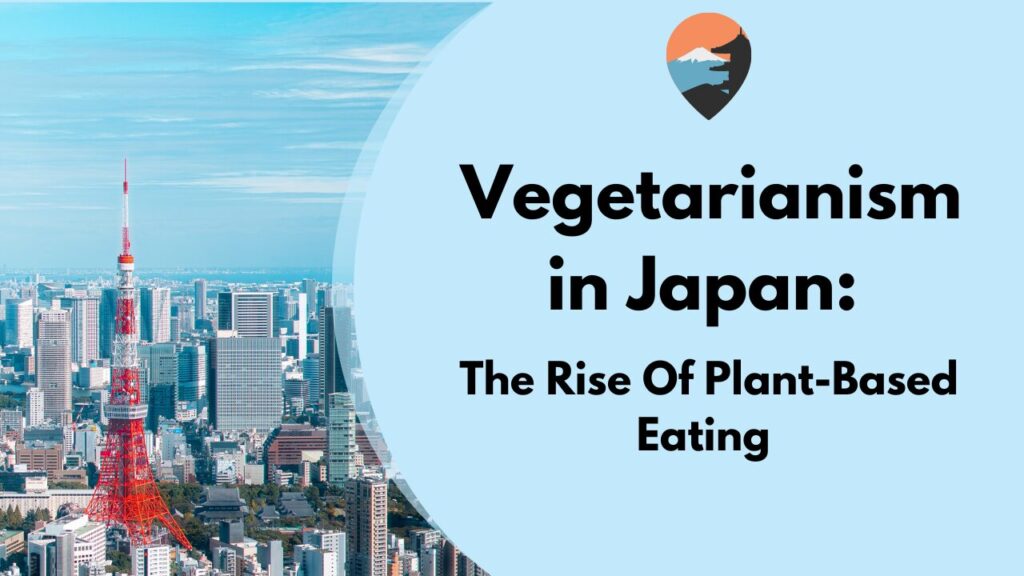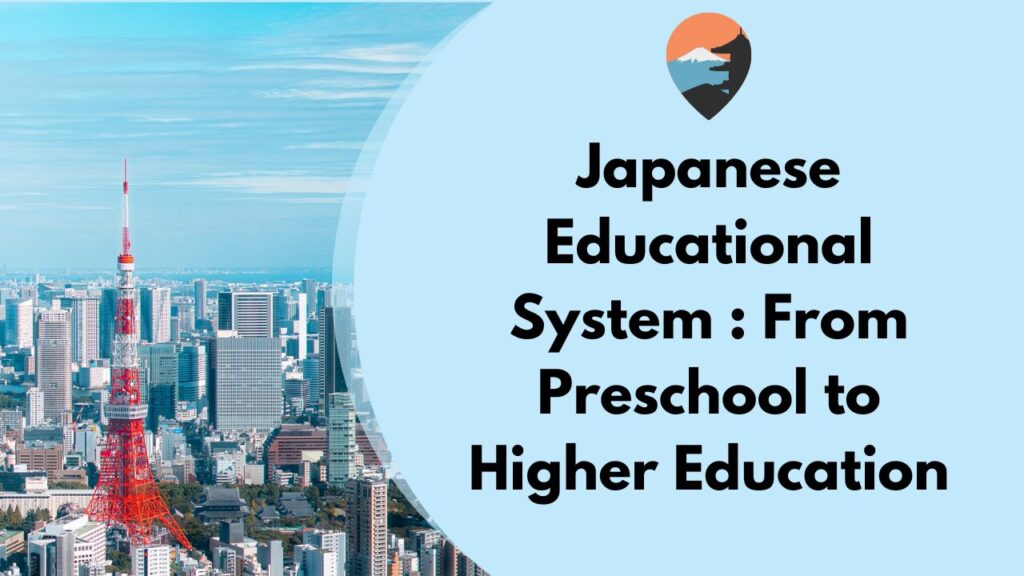Vegetarianism in Japan presents a unique cultural perspective on dietary choices, influenced by traditions, religious practices, and health considerations. While Japanese cuisine is often associated with seafood and meat dishes, vegetarianism is steadily gaining traction. This introductory exploration delves into the evolving landscape of vegetarianism in Japan, examining its cultural significance, dietary options, and the growing awareness of plant-based lifestyles.
History of Vegetarianism in Japan
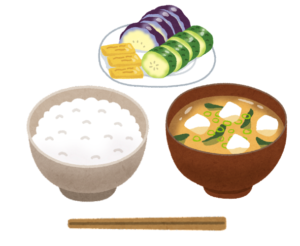
Before the “Meiji Restoration” in 1868, people in Japan followed a dietary style known as “Ichi-jū Issai”. It is a simple Japanese meal style with a bowl of rice, a bowl of soup (usually miso soup), and one side dish, often consisting of vegetables. At festivals or events, people eat fish, but in daily life, Japanese people used to eat “Ichi-jū Issai”, which mainly consisted of rice and vegetables.
In the past and even today, people do not have time to prepare extravagant meals when people are busy with work. Therefore, this meal style fits the daily life in Japan. You can just prepare a simple meal: a bowl of rice, a bowl of soup (typically miso soup), and a pickled vegetable as a side dish.
Nutritious Miso
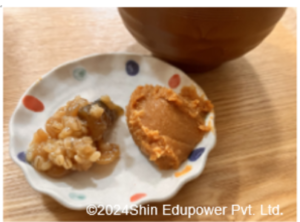
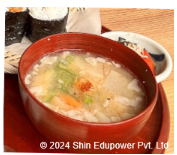
Ichi-jū Issai is a simple meal, but is it nutritious? In the soup, people use Miso. Miso is a nutritious seasoning, which is made by crushing steamed soybeans and fermenting them with koji fungus, salt, and seed water.
It’s believed that soy sauce made its way to Japan from China back in the Asuka period (592-710), according to the Ministry of Agriculture, Forestry and Fisheries (MAFF). Initially considered a fancy flavoring enjoyed by the elite, its status shifted during the Warring States period (late 1400s-early 1600s). It became prized for its ability to preserve food and its rich nutritional content. Feudal Lords known as Daimyos even took steps to produce miso, a type of soybean paste, within their territories. By the time the Edo period (1603-1868) rolled around, miso was readily available to people from all walks of life.
Through fermentation, miso increases the content of amino acids and vitamins and also provides yeast and lactic acid bacteria that are not naturally present in soybeans. It is considered an excellent healthy food, both in the past and present. There is a proverb saying “Miso is a doctor in itself.”
Shojin Ryori
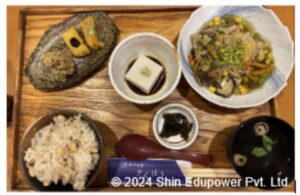
Shojin Ryori, or Buddhist vegetarian cuisine, is a type of cooking that does not use ingredients such as meat or fish. This is usually eaten by monks in Japan, but some restaurants serve Shojin Ryori as healthy food. “Shojin” is a Buddhist term that means “devotion to the Buddhist path” or “dedication to the pursuit of enlightenment.”
It may be assumed to consist solely of simple vegetable dishes, but in fact, Shojin Ryori is visually lavish, with numerous delicacies served in a lacquer tray.
Dogen Zenji laid the foundation for Shojin Ryori. Dogen (1200-1253), was a Zen monk in Japan in the early Kamakura period. He is considered as one of the members who established Zen philosophy in Japan. He has continued to have a significant influence on nowadays, including inspiring Steve Jobs, the co-founder of Apple.
Dogen considered cooking and eating as integral to the practice of the Buddhist path. Meals are fundamental to sustaining life and cannot be separated from the pursuit of the Buddhist path. While there is no need for extravagance, the essence of cooking lies in minimizing waste and maximizing the natural flavors of the ingredients.
Vegetarian Food Certification
Since 2021, the Japan Ministry of Agriculture, Forestry and Fisheries began Vegetarian/Vegan certification to the following stakeholders:
- Businesses that provide food and beverages prepared using ingredients suitable for
- Vegetarians (including those who consume eggs and dairy products, as well as those who do not consume eggs or dairy products)
- Vegans (including processed foods that meet JAS 0025 standards for Vegetarian or Vegan suitability), along with appropriate additives, in response to customer orders
- Businesses that provide pre-prepared food and beverages cooked using ingredients and additives suitable for Vegetarians or Vegans in response to customer requests.
Trend: Alternative Meat/Seafood
In Japan, companies in the food business, such as Ito Ham, AEON, and Azuma Foods, began to develop alternative meat/seafood.
Many companies are making efforts to recreate the texture, taste, and scent that closely resemble real meat or seafood. Their goal is to provide a food experience in terms of texture and flavor and healthy food style with plant-based food products.
Ramen, one of the most beloved Japanese dishes, typically uses fish or meat broth, but in recent years, catering to vegetarian and vegan tourists visiting Japan, an increasing number of restaurants are offering vegan ramen.
Summary
Vegetarianism in Japan offers a unique look at dietary choices shaped by historical traditions, religious practices, and health benefits. Japan’s vegetarian history offers unique dietary options such as “Ichi-jū Issai” meals, nutritious miso, and the exquisite Shojin Ryori, a Buddhist vegetarian cuisine. New certifications for vegetarian/ vegan products reflect an evolving landscape in Japanese food culture.
For those who want to know more about Japanese education
Shin Edupower provides programs that enable online exchange and collaboration between schools in India and Japan, as well as study tours to Japan for educators and students. If you would like to know more about education in Japan, please feel free to contact us here.

